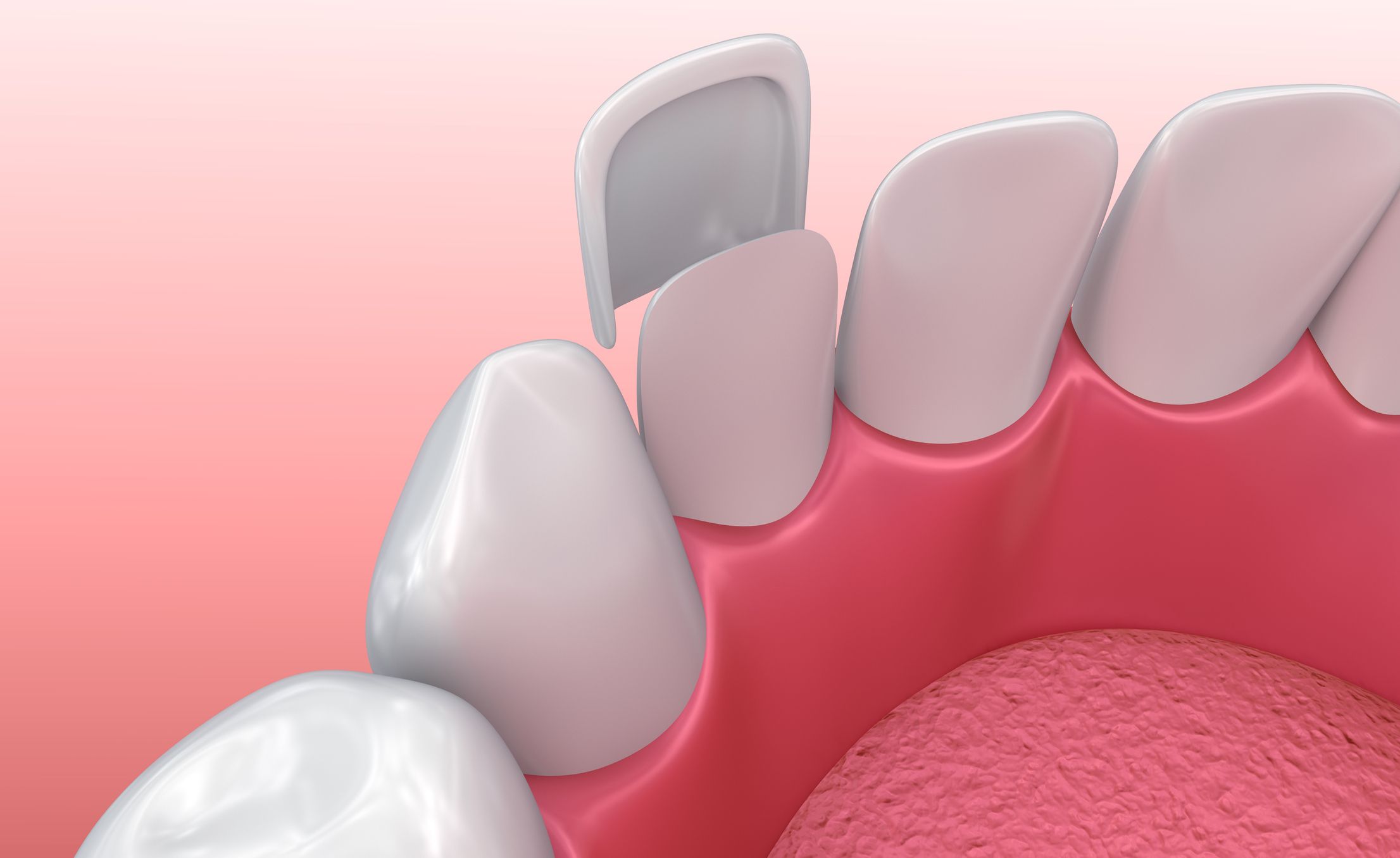When Is Porcelain Veneers Replacement Necessary?
 Porcelain veneers can transform the appearance of the teeth, masking flaws and other imperfections, to reveal a more radiant, beautiful smile. With proper care, porcelain veneers can help the smile look its best for well over ten years. Although porcelain veneers are durable and long lasting, there are some conditions that can lead to the veneers requiring replacement. Let's take a closer look at some of the reasons for porcelain veneers replacement in this overview from Staten Island, NY dentist Joseph T. Mormino.
Porcelain veneers can transform the appearance of the teeth, masking flaws and other imperfections, to reveal a more radiant, beautiful smile. With proper care, porcelain veneers can help the smile look its best for well over ten years. Although porcelain veneers are durable and long lasting, there are some conditions that can lead to the veneers requiring replacement. Let's take a closer look at some of the reasons for porcelain veneers replacement in this overview from Staten Island, NY dentist Joseph T. Mormino.
Tooth Decay
Porcelain veneers only cover part of the teeth, leaving all exposed areas vulnerable to decay. Decay may develop on the back of the teeth or around the gum line, where the veneers stop and the natural tooth begins. In situations in which the veneers become loose, food and bacteria may collect between the veneer and tooth, potentially causing decay. If decay develops on a tooth with a porcelain veneer, the veneer will likely need to be removed and replaced in order to address the underlying decay.
General Wear
Porcelain veneers will last many years with proper care, but after about ten years, the signs of wear may become noticeable. If veneers were placed to restore teeth damaged by teeth grinding or if the teeth and veneers are not well cared for, wear may show much earlier. Once veneers show the signs of wear, such as chips or scratches, it may be time to replace them.
Damage to the Veneer
Just like the natural teeth, porcelain veneers may become chipped, fractured, or otherwise damaged. Biting forces, teeth grinding, facial injuries, biting on pen caps, or using the teeth to open packages are just a few things that can lead to veneer damage. It's important to replace damaged veneers as soon as possible since a damaged veneer may allow bacteria and plaque to enter between the tooth and veneer, increasing the risk of tooth decay.
Loose Veneer
Porcelain veneers may begin to loosen over time as the dental cement used to bond the veneer to the tooth weakens. Loose veneers can increase the risk of tooth decay because they allow plaque, bacteria, and food remnants to become lodged between the veneer and tooth.
Color Mismatch
Porcelain does not discolor like the natural teeth. This can lead to a noticeable mismatch of color between the veneers and the natural teeth. Using whitening treatments can also cause color differences between the veneers and natural teeth because porcelain cannot be whitened with teeth whitening treatments. When the natural teeth and porcelain veneers no longer match, porcelain veneers must be replaced in order to create an evenly white smile.
Prolonging the Life of Porcelain Veneers
Proper care and maintenance will help prolong the life of your porcelain veneers and keep the underlying teeth healthy. Follow these tips to keep your veneers looking their best for years to come.
- Practice good oral hygiene, including brushing at least twice a day and flossing at least once a day.
- Use a soft-bristled brush and non-abrasive toothpaste to prevent scratching your veneers.
- See your dentist for regular check-ups and cleanings.
- Wear a mouth guard while playing sports to avoid damage to the veneers and teeth.
- Avoid chewing on hard items and biting hard foods as this may chip your veneers.
Learn More about Porcelain Veneers
If you would like more information about porcelain veneers treatment or replacement, we welcome you to schedule a consultation with Dr. Mormino.


